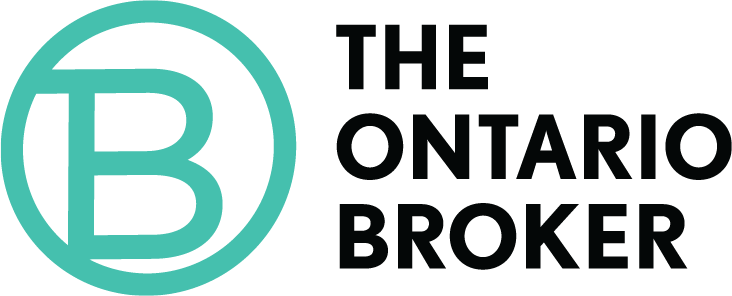March 20, 2024


Brett Boadway—COO, IBAO
IBAO was recently asked to participate in an industry panel on today’s political, social and economic dynamics and how they’re impacting the Personal & Commercial insurance industry. Here are a few takeaways for Ontario’s broker channel and a glimpse at what’s to come.
Economic slowdowns invite more regulation.
Here’s an example of how macro economic factors cascades to more insurance regulation. Reinsurance treaties with insurers grow tough and in response, insurer capacity and appetite for coverage narrows, classes of business struggle to find affordable coverage, sectors of business complain to politicians, and politicians encourage regulators to review the market and look to apply controls.
There are over 20 draft regulatory files sitting on our desks right now. From OSFI’s Risk Rating Criteria and B10 to FSRA’s Fair Treatment of Consumers which extends to Incentives Management and Take All Comers, to CCIR’s Climate Change, Natural Catastrophes and Consumer Awareness initiative. There’s a review of MGA regulation and Auto Territory Rating. Let’s not forget our old friends Ontario Auto Reform and The Bank Act. And let’s add in RIBO’s new licensing exams and qualification criteria.
An abundance of insurance regulation is on our doorstep, and the economy is one factor behind regulators’ motivation for change.
It’s about positioning and approach.
There’s worry about the impact of all this change on brokerages, who are positioned at the end of the insurance process. What may seem like a small flick of the wrist by regulators has a bigger impact on brokerages as new regulations increase in speed and impact as they move down the line.
The request from a regulator for insurance companies to audit their contracted brokerages could quickly balloon for brokerages into 20 separate audits from each insurer. The question then becomes, is this helping or hurting consumers?
We must avoid disruptions and focus on a coordinated approach. Too much change all at once could lead to holes and friction in brokerage operations that leave us asking, is this better?
Let’s lean into community commitments.
We often celebrate the innovators and disruptors without acknowledging our collective investments and efforts to keep the basics working. So much of the brokerage profession has been built on top of its community commitments and that can’t change. Organizations like IBAO, IBAC, IBC, The Insurance Institute and CSIO are examples of these community commitments we’ve made to each other.
Let’s lean into these communities and hold organizations to account to help buffer the volume of proposed change. For IBAO, this means providing detailed review and commentary before regulation becomes effective. It means sitting on working committees and action groups and providing context and reason before decisions are made. It means educating brokers, the industry and consumers on the role insurance brokers play and the reality of the circumstance. And most importantly, it means providing forums for discussion so brokers can weigh in on the challenges and provide their much-needed insight on the issues at hand.
Some fear change. Others lean into it. We’re here for brokers and commit to bridging gaps throughout the industry so brokers and consumers alike get to a place where this is better.
